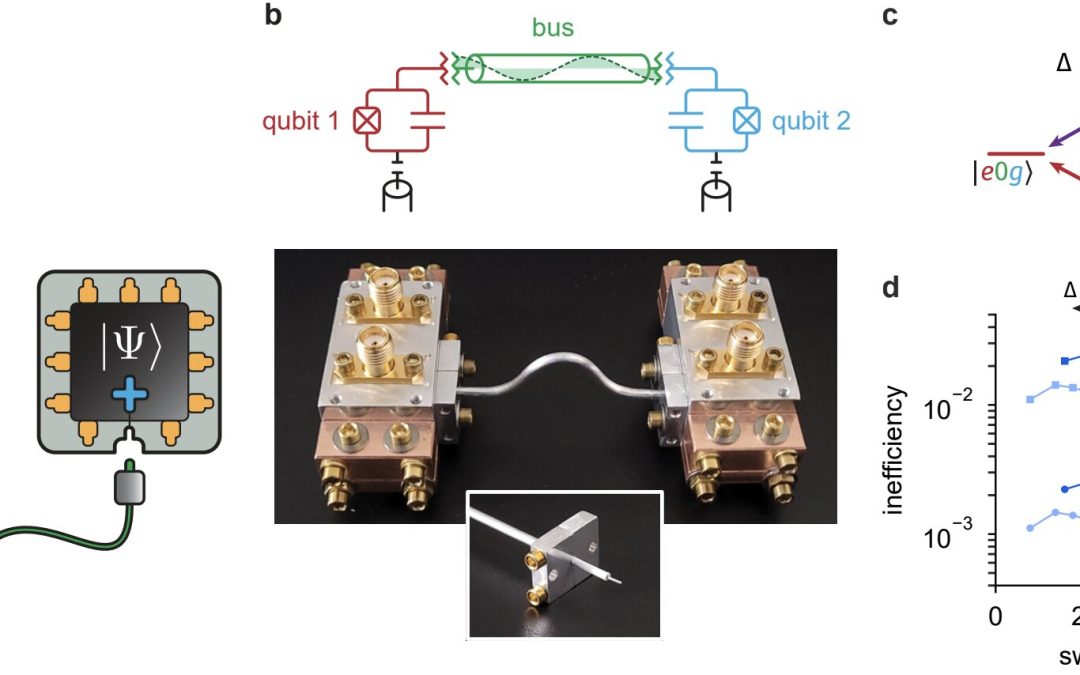
by Ingrid Fadelli | Oct 3, 2025 | PHYS.ORG, Physics, Quantum Physics, Superconductivity
Quantum computers, devices that can perform computations relying on the principles of quantum mechanics, are expected to outperform classical computers on some types of optimization and processing tasks. While physicists and engineers have introduced various quantum...
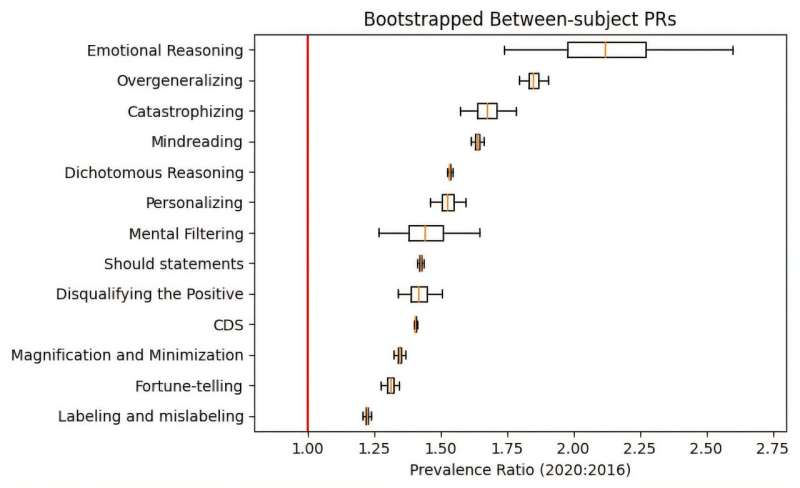
by Ingrid Fadelli | Oct 3, 2025 | Other Sciences, PHYS.ORG, Political science, Social Sciences
The ideological divide between opposing political groups has been drastically increasing in various countries worldwide. This phenomenon, known as political polarization, can lead to greater social division, extremism and political violence.
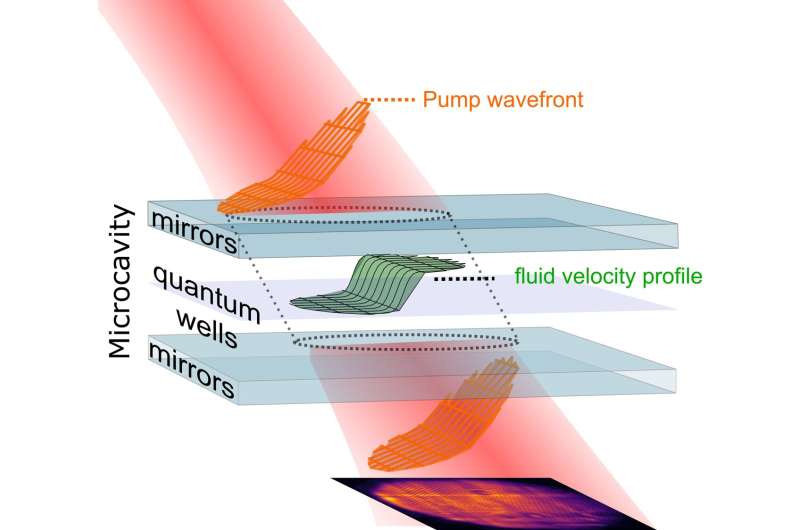
by Ingrid Fadelli | Oct 3, 2025 | MEDICALXPRESS, Neuroscience, Psychology & Psychiatry
Understanding how the human brain stores information and later uses it to complete various tasks has been a long-standing goal of neuroscience and psychology research. Past studies have identified different types of memory processes that have distinct roles...
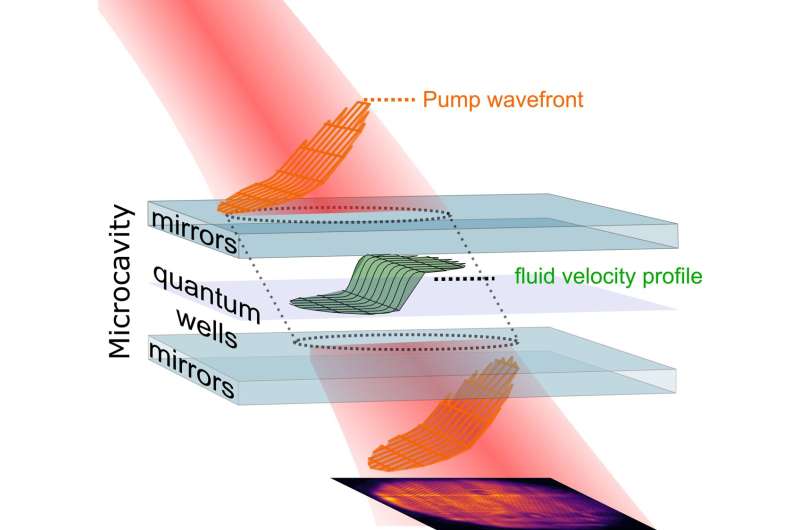
by Ingrid Fadelli | Oct 3, 2025 | General Physics, PHYS.ORG, Physics, Quantum Physics
Quantum field theory (QFT) is a physics framework that describes how particles and forces behave based on principles rooted in quantum mechanics and Albert Einstein’s special relativity theory. This framework predicts the emergence of various remarkable effects...
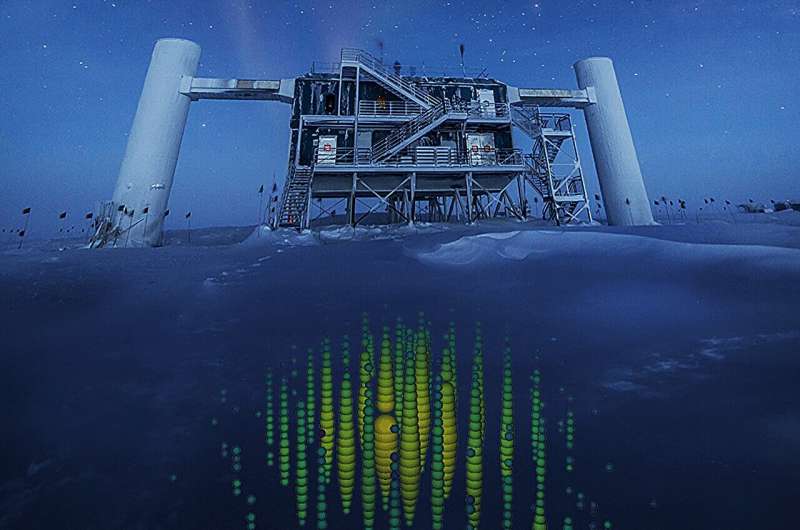
by Ingrid Fadelli | Oct 3, 2025 | General Physics, PHYS.ORG, Physics
Neutrinos are subatomic particles with no charge and very little mass that are known to weakly interact with other matter in the universe. Due to their weak interactions with other particles, these particles are notoriously difficult to detect.






